Observations indicate that residents expressed their agreement, demonstrated a sense of responsibility, and wished to contribute to the sustainable development of the locality.
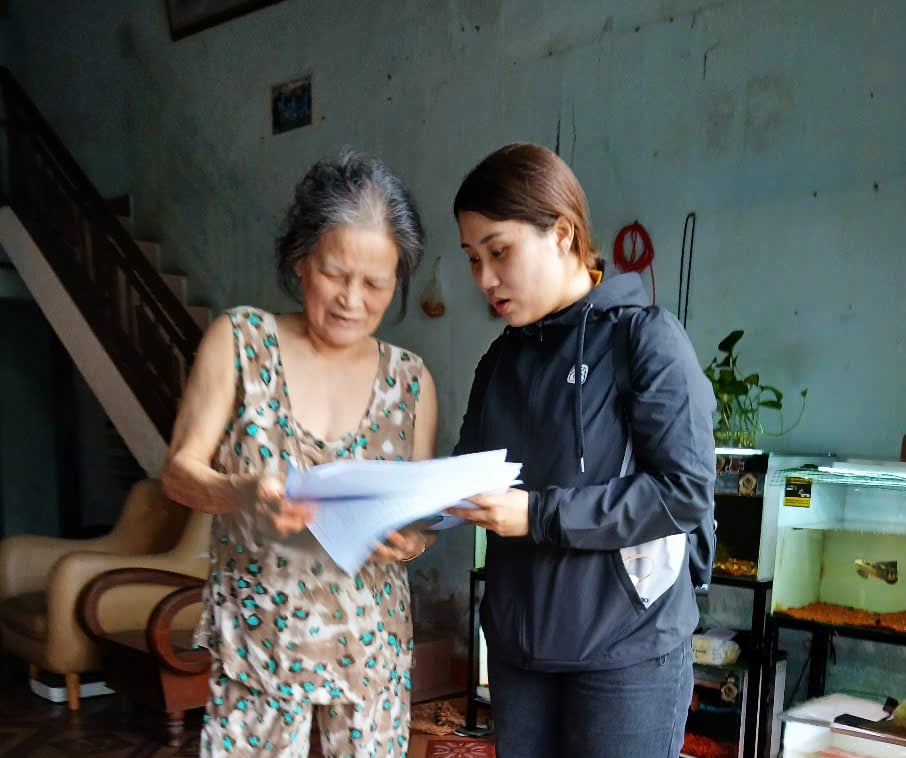 |
| Officials from Ward 4 (Tuy Hoa City) distribute survey forms to households. Photo: Contributor. |
According to the plan, before the reorganization, Phu Yen had 106 commune-level administrative units (including 82 communes, 18 wards, and 6 towns). After the reorganization, Phu Yen province will establish 34 new communes and wards, reducing the number of commune-level administrative units by 72, a reduction rate of 67.92%, ensuring compliance with the central government's orientation (a reduction of approximately 60-70%).
The people actively provided feedback.
In recent days, in many residential areas and neighborhoods, the process of soliciting opinions on new names for merged communes and wards has attracted significant attention from the public. Most people believe this is a necessary step, demonstrating democracy and respect for community opinions.
According to the commune and ward merger plan being implemented by Phu Yen province, Tuy Hoa city will combine 12 communes and wards with some neighboring communes and areas to form three new wards: Phu Yen, Tuy Hoa, and Binh Kien. The names of the three new wards were discussed and approved by the local authorities at the grassroots level last weekend, receiving widespread public support. The names of the three new wards all hold historical and cultural significance, with Phu Yen ward receiving particularly strong approval.
As a resident of Phu Yen province, Mr. Nguyen Van Uyen in Phu Dong ward (Tuy Hoa city) is very happy that his ward will have a new name, Phu Yen ward, especially since the province will no longer be named Phu Yen after the merger. Mr. Uyen shared: “The fact that people are being consulted on naming the new ward after the merger shows that the government always listens to and values the voice of the people. I find the proposed new name reasonable, reflecting historical heritage and easy to remember. It still retains the historical and cultural characteristics of the locality to educate future generations.”
Sharing Mr. Uyen's view, Ms. Pham Thi Lan from Ward 4 expressed: "My family and I participated in suggesting new names for the commune and ward. We feel very happy to be directly involved in building a new image for our homeland. The new ward names are very meaningful, but if the merger is accompanied by infrastructure investment and procedural reforms, I will support it even more."
Before soliciting public opinion, the Provincial Party Standing Committee also noted that the names of the newly formed commune-level administrative units after the reorganization should be easy to read, easy to remember, concise, systematic, scientific, consistent with the traditional and cultural elements of the locality, and ensure historical continuity. Regarding boundaries, ensuring convenience for people in travel and production activities will receive high public consensus when opinions are widely solicited. The ultimate goal of the administrative unit reorganization is to build a political system that is "Sleek - Compact - Strong - Efficient - Effective - Efficient," better serving the people and creating momentum to promote the socio-economic development of the locality.
Comrade Cao Thi Hoa An, Secretary of the Provincial Party Committee, Chairwoman of the Provincial People's Council
The merger of Tuy An district into five communes has also received support from the people, especially the naming of O Loan commune, based on the merger of the entire natural area and population of An Hiep, An Hoa Hai, and An Cu communes. Ms. Nguyen Thi Le Thu from An Hiep commune shared: “I supported the merger from the very beginning when the plan was proposed. My family has lived and worked in Tuy An for generations, so when I heard that O Loan commune would be formed after the merger, I was very happy. This name evokes a place associated with a national scenic spot.”
During this consultation process, localities paid special attention to the opinions of elderly voters, as they are the keepers of the local memory and spirit. The contributions of the elderly form the basis for selecting appropriate names with cultural depth. As a retired official, Mr. Dinh Quang Viet from La Hai town (Dong Xuan district) expressed: “I support the policy of rearranging and renaming the communes in Dong Xuan district, because the new names still retain the unique characteristics associated with the history and traditions left by our ancestors, and are not just mechanical combinations.”
According to Vo Van Binh, Secretary of the Dong Xuan District Party Committee, immediately after receiving instructions from higher authorities to solicit public opinion before approval by competent authorities, the district promptly directed the collection of opinions in a democratic, open, and transparent manner. The consultation aimed not only to select a suitable name but also to promote the role and responsibility of the people in state management. The results showed a high rate of consensus, demonstrating the unity and agreement among the entire population.
According to Tuy Hoa City Party Secretary Bui Thanh Toan, the reorganization and renaming of the new communes and wards were carefully considered by the city's leaders, closely adhering to the established direction. The merger and renaming of administrative units is not only a technical requirement for organizational structure but also a strategic step to create a foundation for sustainable development. We highly appreciate the consensus of the people, especially regarding the establishment of Phu Yen ward. This is the internal strength that will enable the new wards to transform strongly, build a digital government, and achieve balanced socio-economic development across all areas after the merger.”
To date, nine districts, towns, and cities in the province have completed the public consultation process regarding the naming of new communes and wards. Accordingly, over 98% of households have agreed with the new names of their localities after the merger. It is expected that today (April 26th), the Provincial People's Council will hold a meeting and pass a resolution related to the naming of 34 new communes and wards in the province.
Put the people at the center of all policy decisions.
The draft plan for reorganizing commune-level administrative units shows that the merger and naming of new communes and wards this time is closely following the central government's guidelines on standards for natural area and population size; carefully considering and prioritizing names that are both concise and reflect the cultural identity of each region, with a long history. In particular, there is a willingness to listen and make reasonable adjustments, placing the people at the center of all decisions. However, naming is only one part; more importantly, it is about creating conditions for the people to enjoy better public services after the reorganization of the administrative apparatus. Therefore, the province will continue to review, adjust, and make decisions appropriate to the practical realities of each locality.
According to the Director of the Department of Internal Affairs, Truong Ngoc Tuan, the newly reorganized commune-level administrative units have a larger natural area than the prescribed standard, creating space for the development of the new administrative units and maximizing the potential and advantages of the locality. The population size of the new administrative units is suitable for the management capacity of the commune-level government and meets the requirements of organizing a local government at the commune level that is close to the people, operates efficiently and effectively; it will create positive changes and concentrate resources, unleash the development potential of the locality, in line with the requirements of promoting administrative reform, especially streamlining the apparatus, reducing staffing, saving public spending, contributing to improving the lives of officials, civil servants and the people, and building an effective and efficient administrative apparatus.
Comrade Ta Anh Tuan, Deputy Secretary of the Provincial Party Committee and Chairman of the Provincial People's Committee, stated: “The province has instructed localities to flexibly listen to and respect the voices of all segments of society, especially the elderly, when soliciting public opinion. The renaming of administrative units is not simply an administrative procedure, but must be the result of consensus and harmony between the past and the present. Therefore, when the Provincial People's Committee organized a public consultation on the policy of rearranging commune-level administrative units according to regulations, the vast majority of voters representing households agreed with the draft plan. The names of the commune-level administrative units formed after the rearrangement are consistent with the historical, traditional, and cultural elements of the locality and are supported by the local people.”
Source: https://baophuyen.vn/xa-hoi/202504/nguoi-dan-dong-thuan-voi-viec-sap-xep-don-vi-hanh-chinh-moi-e5f0cf9/






![[Photo] Prime Minister Pham Minh Chinh presides over a meeting on private sector economic development.](/_next/image?url=https%3A%2F%2Fvphoto.vietnam.vn%2Fthumb%2F1200x675%2Fvietnam%2Fresource%2FIMAGE%2F2025%2F12%2F20%2F1766237501876_thiet-ke-chua-co-ten-40-png.webp&w=3840&q=75)


















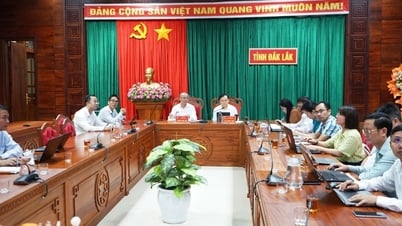
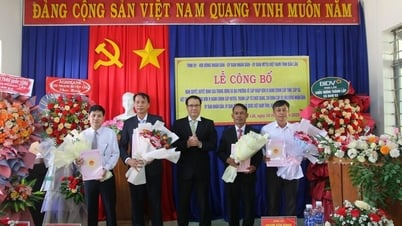

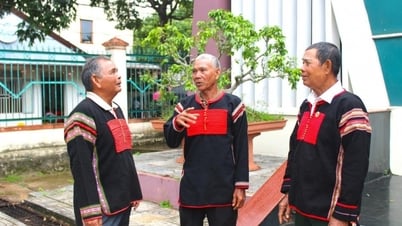
































































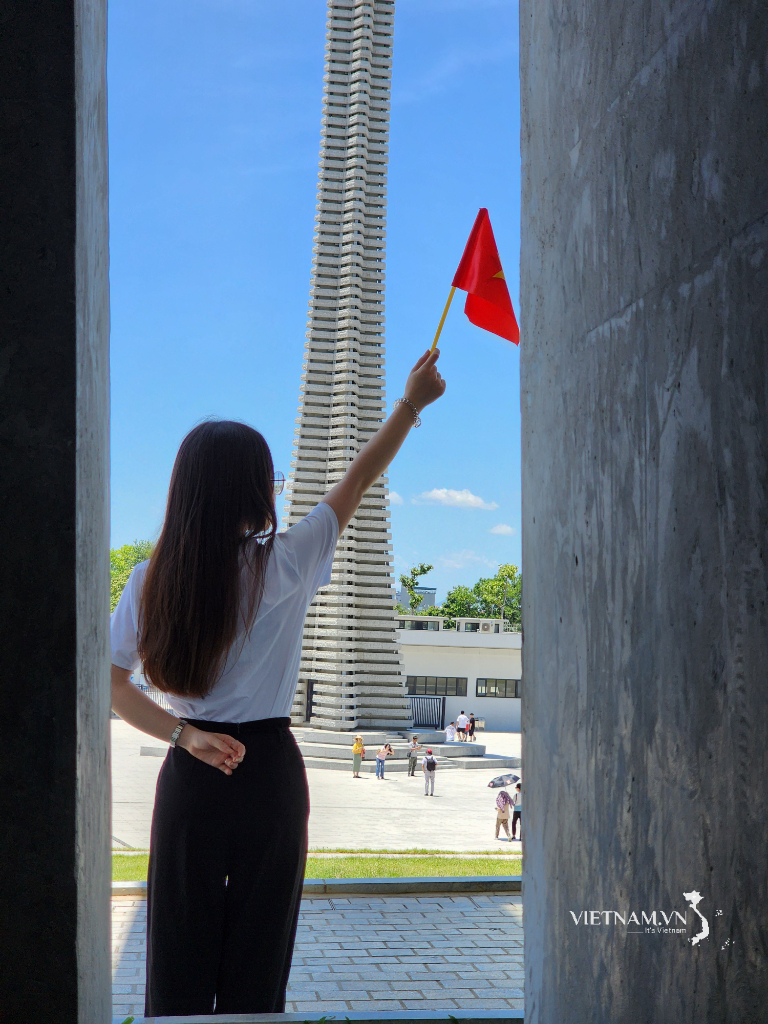
Comment (0)